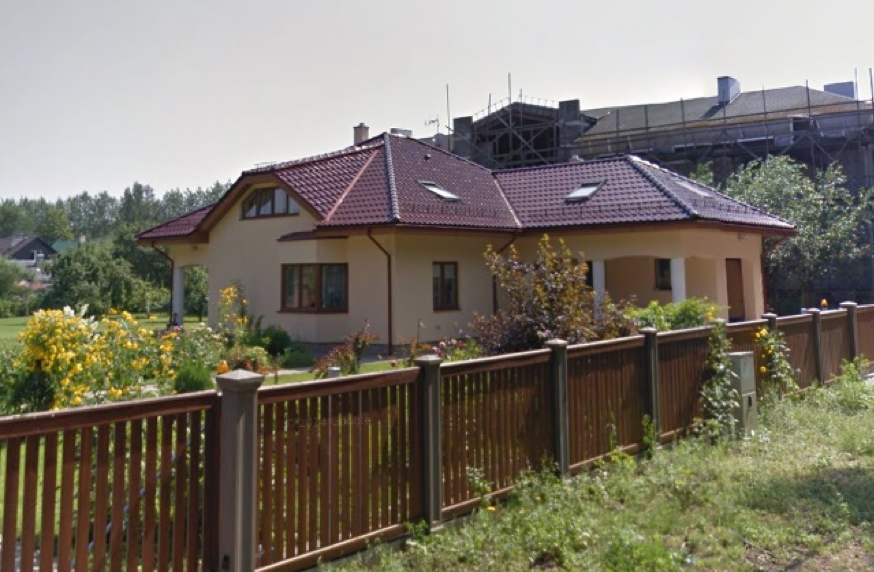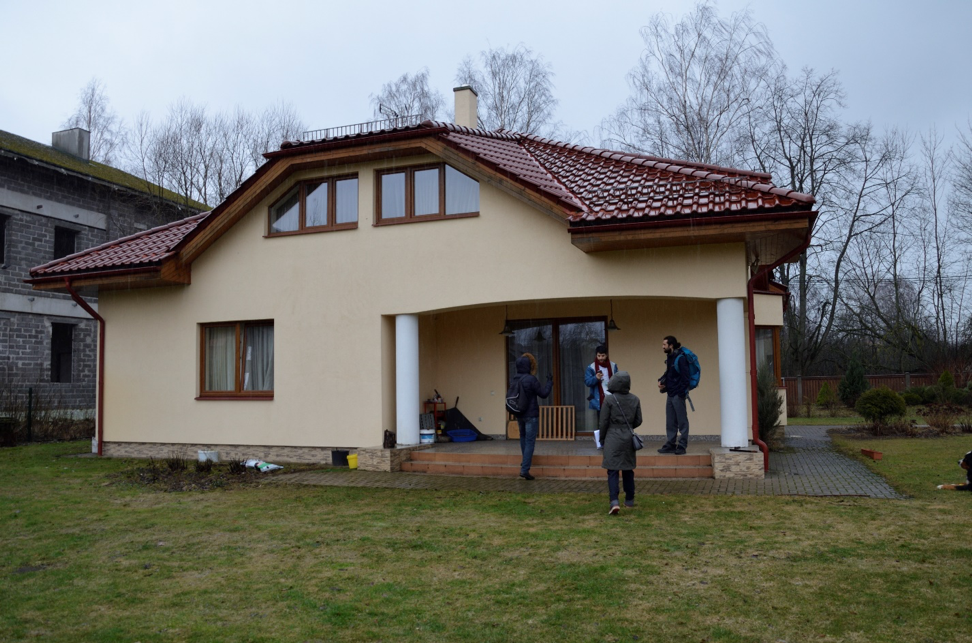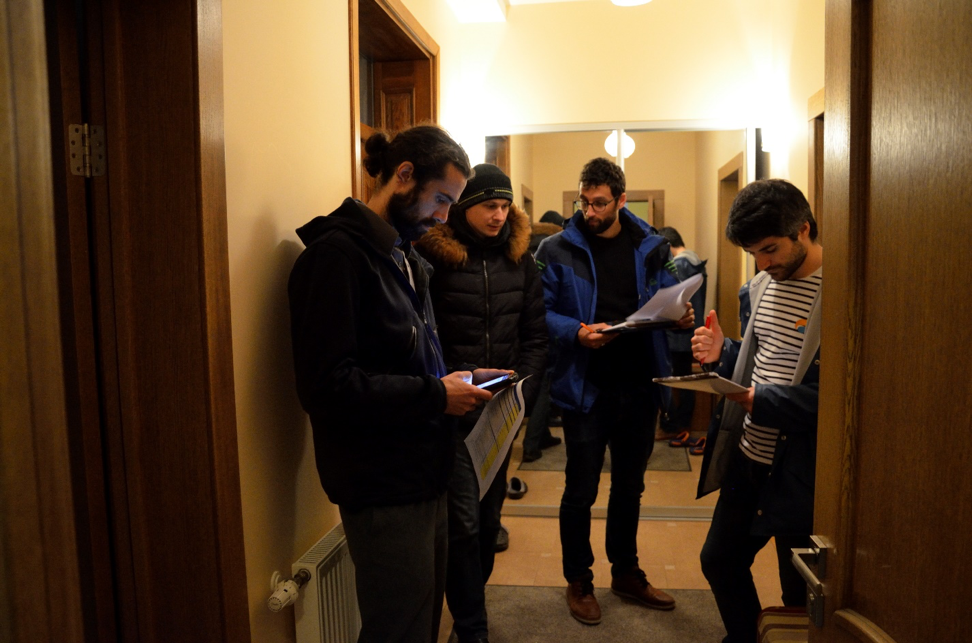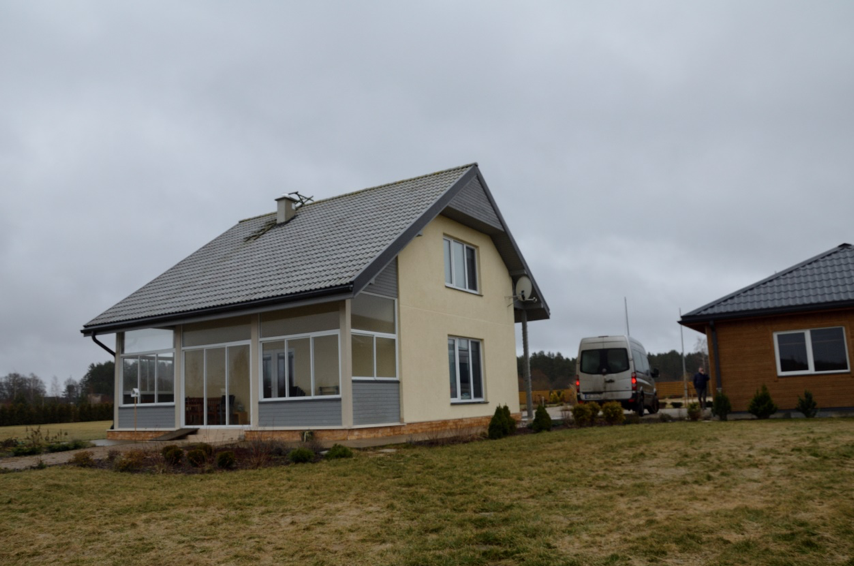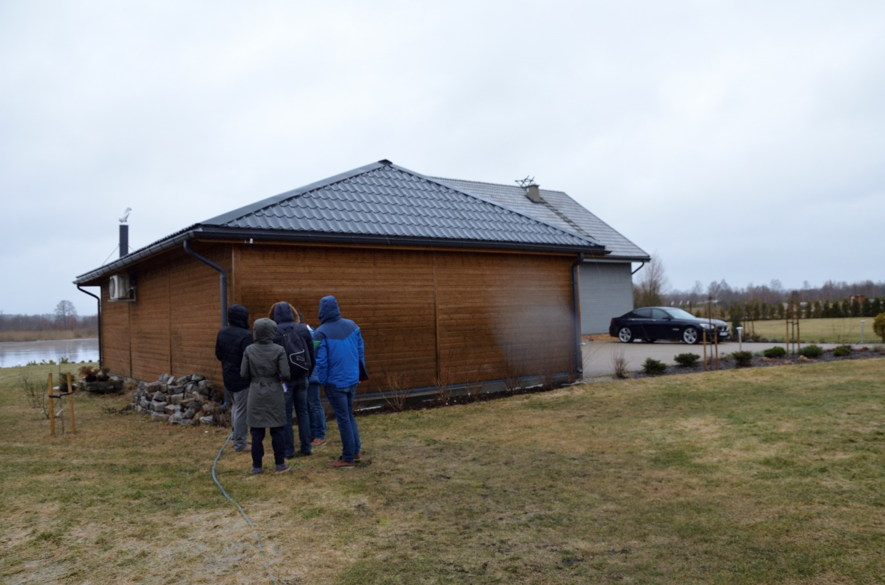Interview to Zane Broka from RTU (Riga Technical University), demo site coordinator of our site in Riga, Latvia.
Demo site ID:
Location: Riga, Latvia
Type of building
Climate: Latvia is located in the temperate climate zone and therefore has four pronounced seasons. The climate can be described as typical European continental influenced climate with warm/dry summers and fairly severe winters. The annual average outdoor temperature in Riga is 6.9ºC, and the annual global horizontal solar radiation in Latvia is 1042 kWh/m². In Riga, there are 94 days with snow in a year, and the average duration of the heating season is 203 days/year.
Technologies and partners involved in this demo site:
Date of the demo site visit: 05th March 2019.
Presentation of the demo site:
Both houses are recently built – in 2013 and 2015 respectively.
The demo site visit in Riga took place on a chilly and rainy spring day. The visit was attended by the main technology providers for this demo site – BoostHEAT, DualSun, and CheckWatt. Partners took the opportunity to inspect the existing heating system and its setup, and we also talked to the house owners to better understand their needs, for example with respect to the user interface that will be developed by CheckWatt.
The potential places for installation of the SunHorizon technology packages were also examined, and it was particularly important to select a suitable place for the large thermal storage tank and choose the optimum placement of solar thermal panels.
What are the energy challenges of your demo site?
The heating season in Latvia,
Do you see any policy obstacles referred to SunHorizon technologies application, specifically related to the local/national regulations where the demo site is located and, more in general, at EU level?
One of the main obstacles in Latvia is the existing net metering system for microgenerators, which is also applicable to solar panels with installed power ≤ 11.1 kW. The current system is not particularly beneficial as it implies payments for grid tariffs and, particularly, renewable energy levies also for the part of energy generated by the panels and consumed onsite. Moreover, this system does not reimburse energy fed into the grid which exceeds the amount consumed by the household itself (within one year).
What is your motivation to participate in the project and which is your role?
RTU (Riga Technical University) is responsible for the organisation and management of demonstration activities in two houses in Riga. Our task has been to recruit participants, select suitable demo sites and manage the deployment of technologies ensuring inconvenience to the residents is kept to
For us, it is exciting to trial innovative heating technologies, find the best solutions of how to integrate these technologies into existing buildings, and through our real-life experience assess the existing or potential barriers for a wide-spread deployment of this type of technologies in Latvia.
Which are the expected benefits your company aims to demonstrate in the SUNHORIZON project?
Through the real-life trial of SunHorizon technology packages in Riga, we aim to demonstrate and assess the benefits attainable in terms of energy consumption reduction and lower energy bills. We also expect to promote wider usage of renewable energy sources and distributed generation, such as the solar thermal panels and heat pumps as a much more efficient alternative to the existing heating solutions. Based on the statistics, only 0.4% of households employ heat pumps in Latvia – significantly less than in the neighbouring Baltic countries (Estonia and Lithuania). Furthermore, installed capacities of solar generation in Latvia are also negligible compared to that of our neighbours despite the weather conditions being quite similar.
Pictures from the demo site visit
House in Imanta
House in Sunīši



